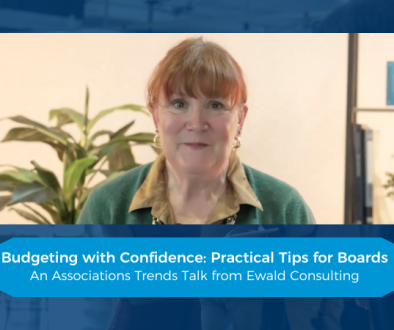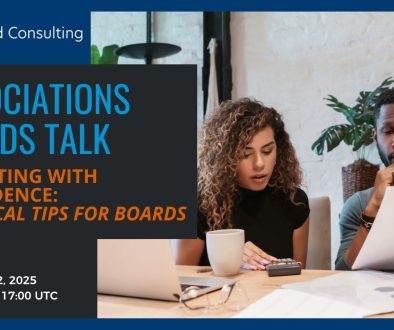Great Expectations: Managing Work Ethic on Your Board
If you have done your job well as board chair, board members should know what is expected of them. Still, You may find it challenging to encourage your board to deliver on their commitments. In this case, consider the following:
- Communicate what you expect and when you expect it. If a board member is responsible for the minutes, you should have a timeline set for when those minutes will be delivered to you and the board. If minutes are not delivered on time, you will be able to refer to previous instructions and communicate clearly that they were not met. This creates clear boundaries for board members.
- Assume best intentions when things go wrong. There are many cases of board members not following through for a variety of reasons. A good majority of the time, the member does not intend to harm the board or be neglectful; they’re simply short on time. Approach them with an open mind and ask how you can help keep their responsibilities on track. It is better for you, the board member, and the organization that you lead with empathy, not anger or disappointment.
- Stop bad habits. If things are continually late or not being delivered, intervene immediately. Strong boards know what is expected of them and deliver in a timely manner. Build responsibility into the culture of your board and recognize when things are going well. In general, board members want to do a good job, so be sure to recognize the positive.
- Be clear about the “why” of deliverables. Knowing the purpose of what you are responsible for makes it more likely that you will deliver it. A board member responsible for minutes may not understand why they are important, but if you explain that they are crucial for planning and agenda-setting, the point of the minutes is clear, and the member understands that they have a real responsibility.
Many board members are volunteers. While it is important to make sure your board stays on track, it may help to give members some grace while also communicating your expectations well.
You have to wear many different hats as a board chair. You’re a planner, a facilitator, and the first point of contact for your association. To learn more about how to be a great board chair, check out our podcast, Associations Next.




